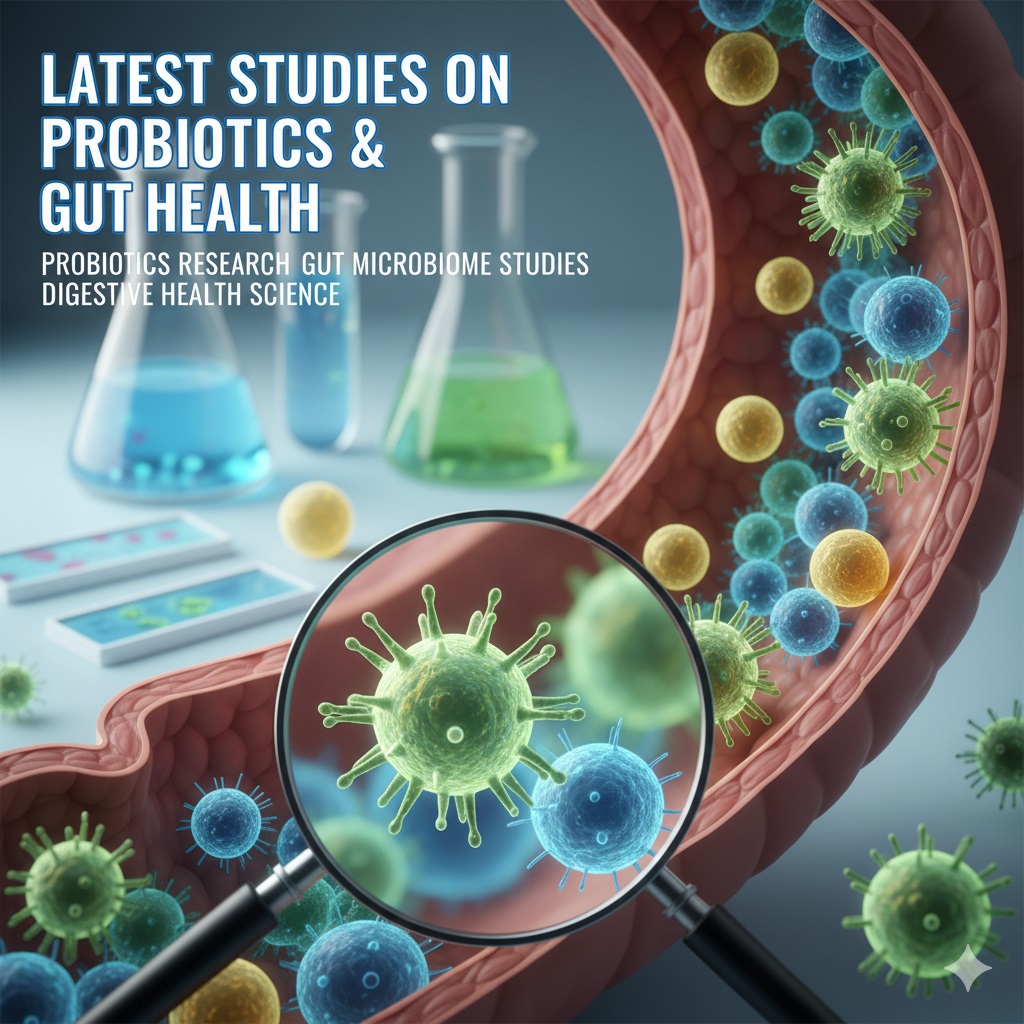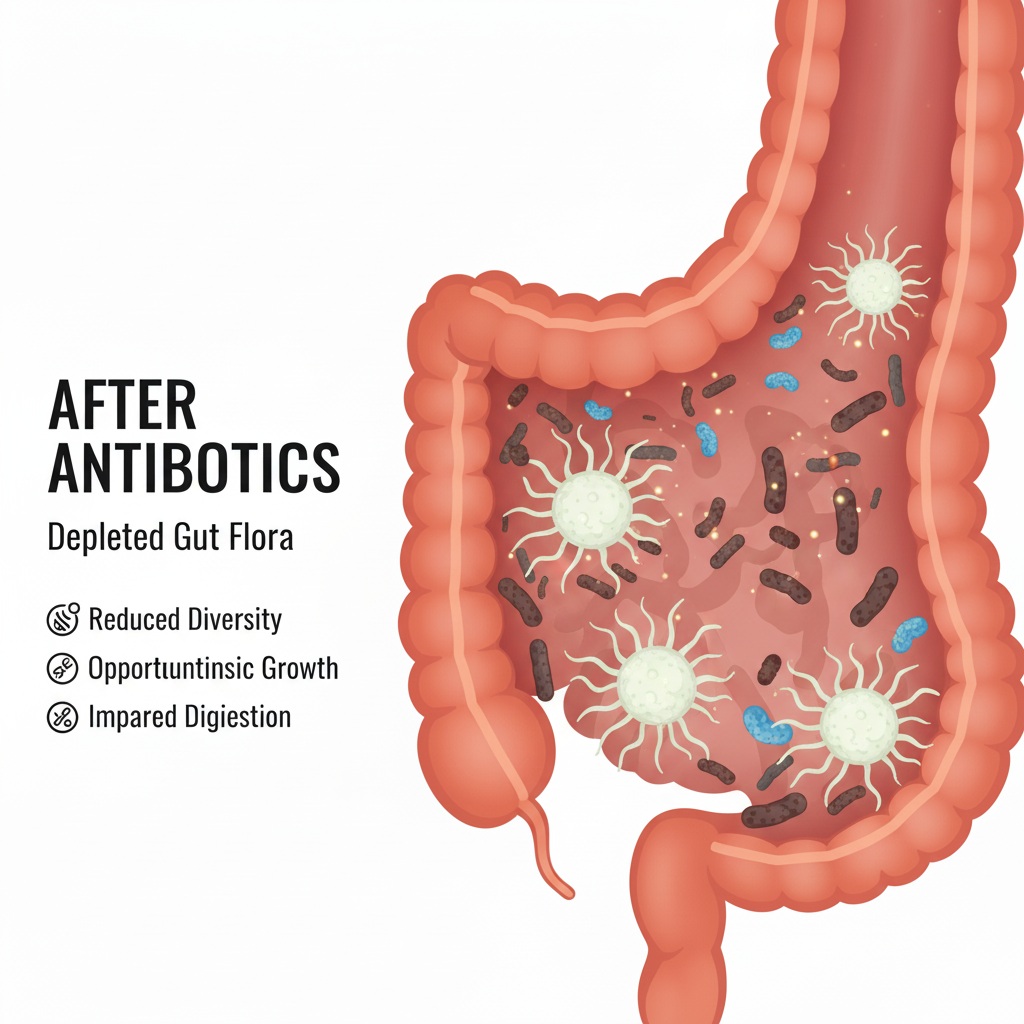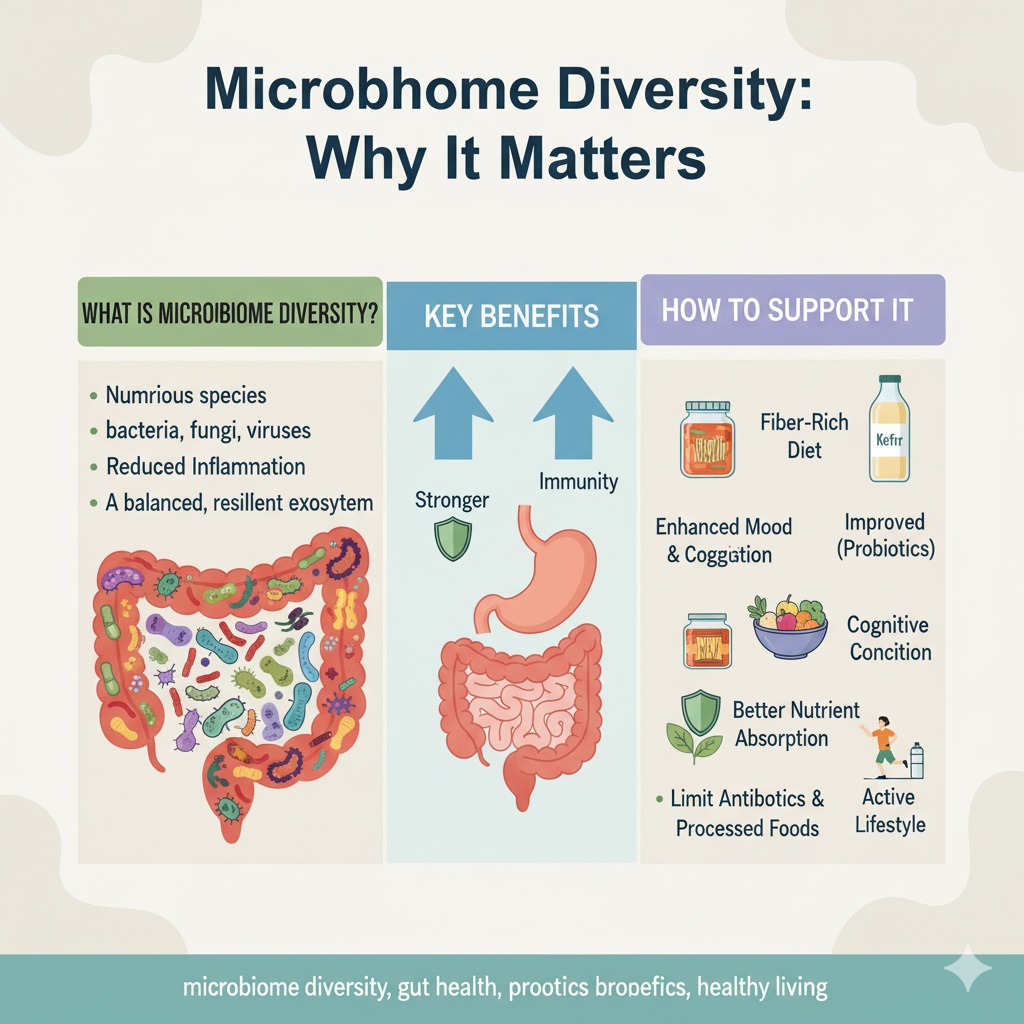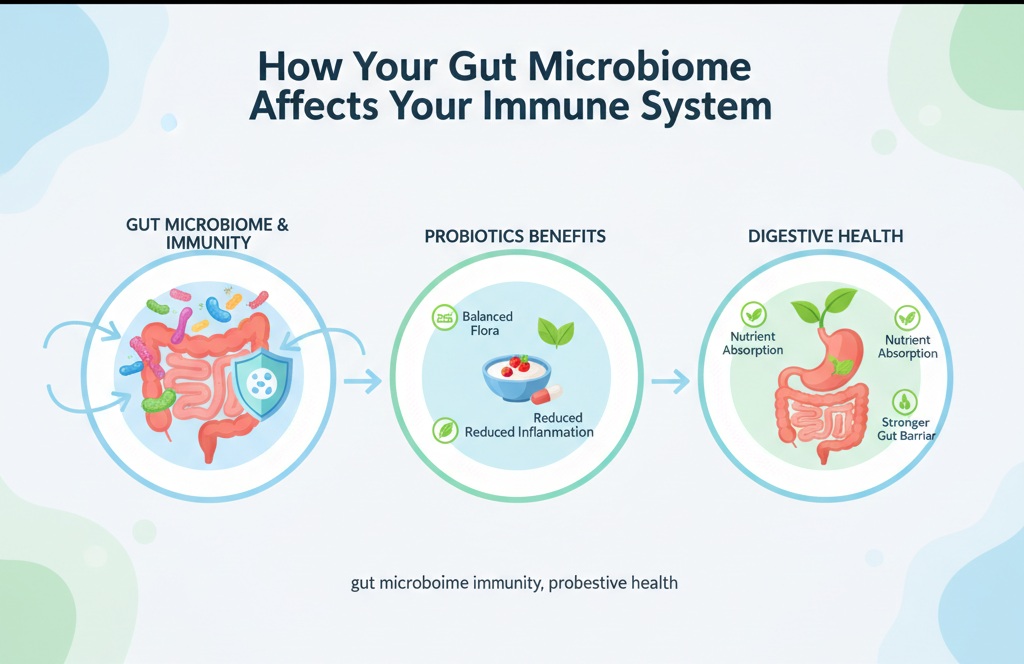In recent years, the connection between probiotics and gut health has become one of the most exciting fields in modern medical science. Researchers are uncovering how trillions of microbes living in our intestines influence not only digestive processes but also immunity, metabolism, and even mental health. With the rise of advanced microbiome sequencing technologies, probiotics research, gut microbiome studies, and broader digestive health science have expanded significantly. This article explores the latest findings, highlighting what we now know about probiotics and how they shape human health.
What Are Probiotics?
Probiotics are live microorganisms, often referred to as “good bacteria,” that provide health benefits when consumed in adequate amounts. They are naturally present in fermented foods such as yogurt, kefir, sauerkraut, and kimchi, as well as available in supplement form. Unlike harmful pathogens, probiotics help balance the gut ecosystem by supporting beneficial microbial populations and keeping harmful microbes in check.
The World Health Organization (WHO) defines probiotics as “live microorganisms which, when administered in adequate amounts, confer a health benefit on the host.” This broad definition allows researchers to investigate a wide range of bacterial and yeast strains, from the well-known Lactobacillus and Bifidobacterium to newer candidates like Akkermansia muciniphila.
The Gut Microbiome: A Complex Ecosystem
The gut microbiome is made up of trillions of microorganisms, including bacteria, viruses, fungi, and archaea. This vast microbial community interacts with our body in dynamic ways, affecting digestion, nutrient absorption, immune responses, and even mood regulation.
Recent gut microbiome studies have shown that an imbalance, known as dysbiosis, is linked to numerous health problems, including:
- Irritable Bowel Syndrome (IBS)
- Inflammatory Bowel Disease (IBD)
- Obesity and metabolic syndrome
- Allergies and autoimmune disorders
- Depression and anxiety
By restoring microbial balance, probiotics may offer preventive and therapeutic solutions for many of these conditions.
Latest Advances in Probiotics Research
1. Probiotics and Digestive Disorders
The most established benefits of probiotics are in treating and preventing digestive conditions. A meta-analysis published in The Lancet Gastroenterology & Hepatology (2023) concluded that specific probiotic strains significantly reduce symptoms of IBS, such as bloating, abdominal pain, and irregular bowel movements. Similarly, probiotics have shown promise in preventing antibiotic-associated diarrhea, especially in children.
2. Probiotics and Immune Health
One of the most fascinating areas of probiotics research is immunity. Clinical trials have demonstrated that probiotics enhance the body’s immune defenses by increasing the production of natural killer cells and regulating inflammatory cytokines. This modulation may lower the risk of respiratory infections and support overall immune resilience.
3. The Gut-Brain Axis
The gut and brain communicate through the vagus nerve, hormones, and microbial metabolites like short-chain fatty acids (SCFAs). This “gut-brain axis” has been a hot topic in digestive health science. Recent studies suggest that probiotics can reduce symptoms of depression and anxiety by altering neurotransmitter levels such as serotonin and GABA. For instance, a 2022 clinical trial showed that participants taking Lactobacillus helveticus and Bifidobacterium longum reported improved mood and reduced stress.
4. Metabolic Health and Obesity
Emerging research highlights the role of probiotics in weight management and metabolic health. Probiotics may influence appetite regulation, fat storage, and insulin sensitivity. In a 2023 trial, supplementation with Akkermansia muciniphila improved glucose tolerance and reduced body fat in overweight participants. These findings open new avenues for using probiotics in combating obesity and type 2 diabetes.
5. Probiotics and Allergies
Childhood allergies are on the rise, and researchers are investigating whether early probiotic exposure can reduce risk. Several gut microbiome studies indicate that infants given probiotic supplements in the first year of life have a lower likelihood of developing eczema and asthma later. This suggests probiotics may help train the immune system to distinguish between harmless and harmful antigens.
Cutting-Edge Techniques in Gut Microbiome Studies
Modern gut microbiome studies are powered by next-generation sequencing (NGS) and metagenomics. These technologies allow scientists to identify and analyze microbial DNA at an unprecedented scale. As a result, researchers can:
- Map microbial diversity in the gut
- Identify specific strains linked to health outcomes
- Understand microbial interactions at the molecular level
For example, researchers have discovered that the presence of Faecalibacterium prausnitzii is associated with reduced inflammation and protection against IBD. Such findings pave the way for targeted probiotic therapies, where specific strains are matched to individual needs.
The Future of Digestive Health Science
The field of digestive health science is rapidly moving toward personalization. In the future, doctors may prescribe probiotics tailored to an individual’s microbiome profile, much like precision medicine in oncology. Artificial intelligence is already being used to predict how different probiotics will interact with diverse microbiome compositions.
Other exciting developments include:
- Postbiotics: These are non-living microbial byproducts (like SCFAs) that can provide health benefits even without live bacteria.
- Synbiotics: Combinations of probiotics and prebiotics (fibers that feed beneficial microbes) for enhanced effectiveness.
- Microbiome transplants: Beyond probiotics, fecal microbiota transplantation (FMT) is showing remarkable success in treating recurrent Clostridioides difficile infections.
Practical Applications: Should You Take Probiotics?
While probiotics research is promising, not all supplements are created equal. The benefits depend on:
- Strain specificity – Different strains have different effects. For example, Lactobacillus rhamnosus GG may help prevent diarrhea, while Bifidobacterium breve may support infant gut health.
- Dosage – Clinical studies typically use billions of CFUs (colony-forming units).
- Delivery method – Probiotics must survive stomach acid to reach the intestines alive.
Consumers should look for products with clinical validation, transparent labeling, and third-party testing. Consulting with healthcare professionals is recommended, especially for individuals with compromised immunity or chronic illnesses.
Challenges and Limitations
Despite exciting progress, digestive health science faces challenges:
- Variability in results: Not everyone responds to probiotics in the same way.
- Regulatory issues: Probiotics are often marketed as dietary supplements, which means less strict oversight compared to pharmaceuticals.
- Need for long-term studies: Many clinical trials are short-term, so long-term safety and effectiveness remain under investigation.
Researchers emphasize the importance of continuing large-scale, well-designed trials to solidify the evidence base.
Conclusion
The latest probiotics research and gut microbiome studies reveal that probiotics are far more than just digestive aids. They influence immunity, mental health, metabolism, and allergy development, making them central to the emerging field of digestive health science. Although challenges remain, the future looks bright, with personalized probiotics and advanced microbiome therapies on the horizon.
For now, a balanced diet rich in fiber, fermented foods, and clinically studied probiotic strains offers the most reliable approach to supporting gut health. As science continues to evolve, probiotics may become a cornerstone of preventive and therapeutic medicine.




